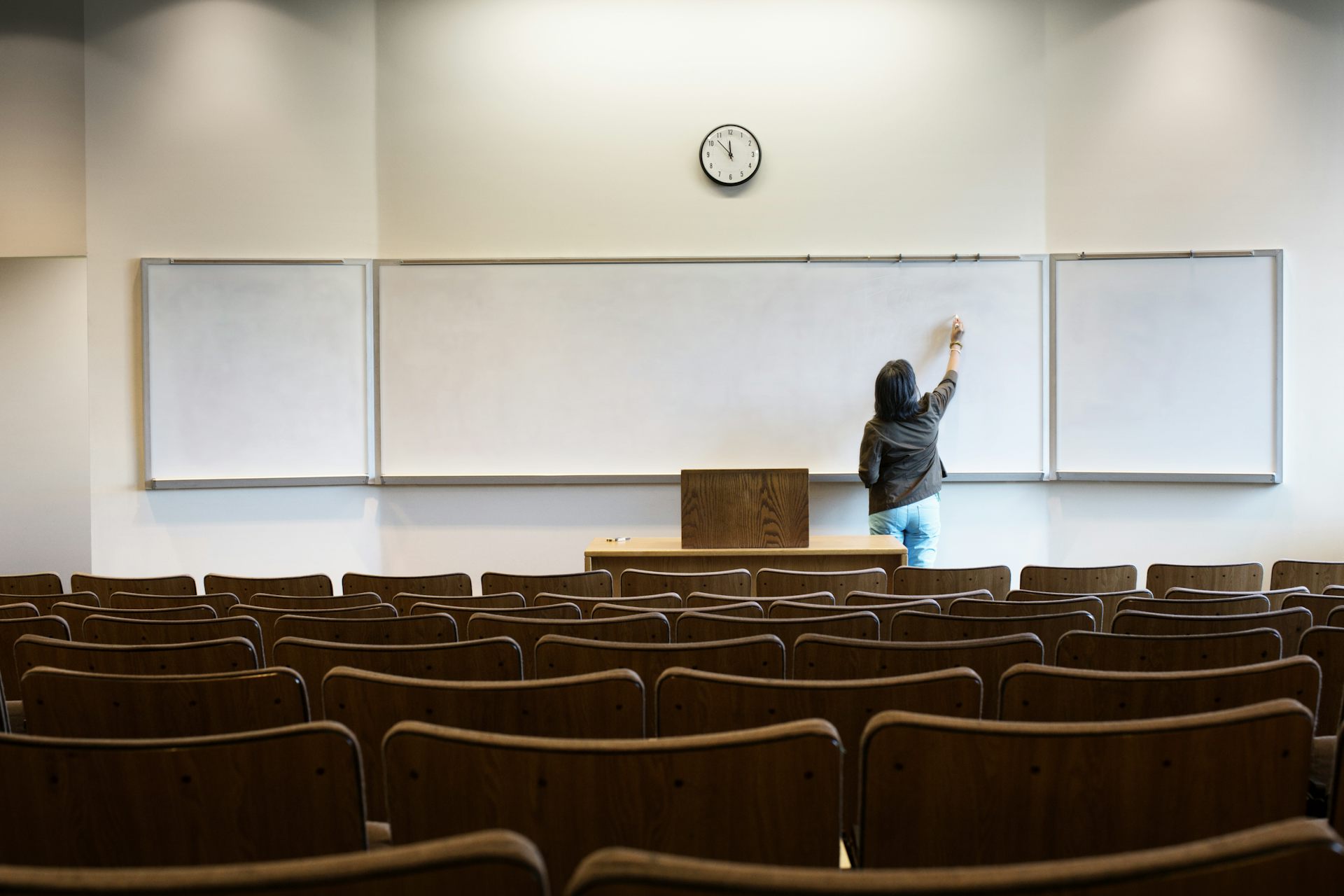Is online education right for you? 5 questions answered
While online education may seem like a convenient way to earn a degree in the comfort of your own home or office, an expert warns of pitfalls that can seriously set a student behind.

Editor’s Note: When U.S. News & World Report released its best online education program rankings this year, many schools that fared well in the rankings were quick to call attention to their success. Here, Vanessa Dennen, a researcher of online learning and co-editor-in-chief of the journal The Internet and Higher Education, offers insights into what college students should consider before they enroll in an online degree program.
1. Is online education as easy and convenient as it seems?
Online learning may give students a choice about when and where to study, but this flexibility should not be confused with being easy or fast. Learning is a process and it takes time. By studying online, you might be able to eliminate commute time and the dreaded hunt for parking on campus, but you still have to put in the time and effort to learn.
Students with good study habits and time management skills tend to perform better online than students who procrastinate. It’s easy to put off schoolwork when there isn’t a specific class meeting time, and students who regularly choose to put other activities first may find themselves quickly falling behind in an online course. Also, some students are overly optimistic about time and energy, imagining that they’ll come home from work, put on their pajamas, and start to study. However, the reality may be that once they get home from work and put on their pajamas they’re too tired to study.
I’ve also watched a lot of students excel in online courses, fully taking advantage of the convenience and flexibility. The keys to their success seem to be setting aside regular work time, keeping track of due dates and starting to work on assignments early. Another key is communicating with the instructor whenever they have a problem or question.
2. Aren’t there drawbacks to reading online versus physical books?
Research has shown that reading on paper is marginally better than online reading in terms of understanding what you read and metacognition – that is, awareness of one’s own thoughts. However, it would be wrong to assume that online courses involve only reading on screens. Traditional colleges and universities regularly assign online readings. Conversely, online instructors assign physical books. When books come in both paper and digital versions, students can choose which format they want to purchase, rent or borrow. If readings are offered digitally, students can opt to print them out. In the end, this tends to be a matter of personal preference.
3. Why does online education sometimes cost more than regular classes?
When additional fees apply to an online course, it usually reflects an actual expense associated with running the degree program. When traditional brick-and-mortar universities first began offering online degree programs, they found that it wasn’t as simple as just hiring more instructors. Courses needed to be converted to online formats, and instructional designers were often hired to assist with course development. Existing faculty needed training to prepare to teach online. In some institutions, additional teaching assistants were hired to ensure students had ample human contact. Student services, such as library access and advising, also need to be provided for online learners. All of these activities have costs associated with them that were not part of the institution’s historical operating budget. In some instances, these costs have been passed along to online learners in the form of fees. Over time, these fees may fade away as the cost of online learning becomes a regular part of an institution’s operating budget. Finally, some universities contract with for-profit online recruitment companies, and they must share a portion of the tuition revenue with those companies.
4. A new study found if your prospective employer learns you got an online degree you’re less likely to get a callback. Should students be worried?

Bias against online degrees is a concern, but I think it will continue to diminish over time as more individuals with online degrees enter the job market and as hiring managers increasingly have their own experiences with online learning.
One thing I found interesting about the study that showed job candidates with online degrees get fewer callbacks was that the fictional job applicants specified that they had earned their degrees online. I don’t think a typical applicant would note that detail on a resume. Most people just list the university, degree and major.
I doubt this bias affects how people select degree programs. A recent survey by Best Colleges shows that most online degree earners choose online programs because work and family commitments would make attendance on campus difficult, their employer offers an incentive program or their desired program of study is only offered online. In other words, learners who earn online degrees aren’t typically choosing between an online and campus program.
Finally, it’s worth noting that the study focused on people getting bachelor’s degrees. The finding might not apply to people seeking MBAs and other graduate degrees.
5. Will students get the same quality learning online as they would on campus?
The National Research Center for Distance Education and Technological Advancement maintains a compilation of studies comparing student outcomes across different types of courses. The majority of comparison studies – at least in this database – show that there are no significant differences between online and face-to-face courses. In other words, learning occurs equally well no matter how a course is delivered so long as the course itself is designed well.
Vanessa Dennen does not work for, consult, own shares in or receive funding from any company or organisation that would benefit from this article, and has disclosed no relevant affiliations beyond their academic appointment.
Read These Next
The greatest risk of AI in higher education isn’t cheating – it’s the erosion of learning itself
Automating knowledge production and teaching weakens the ecosystem of students and scholars that sustains…
‘Learning to be humble meant taming my need to stand out from the group’ – a humility scholar explai
Humility is a virtue that many people admire but far fewer practice. A scholar describes how a professional…
Do animals have a future on Hollywood sets?
The turn to CGI has sidelined many of the dogs, bears and horses of yesteryear. But ethical questions…






